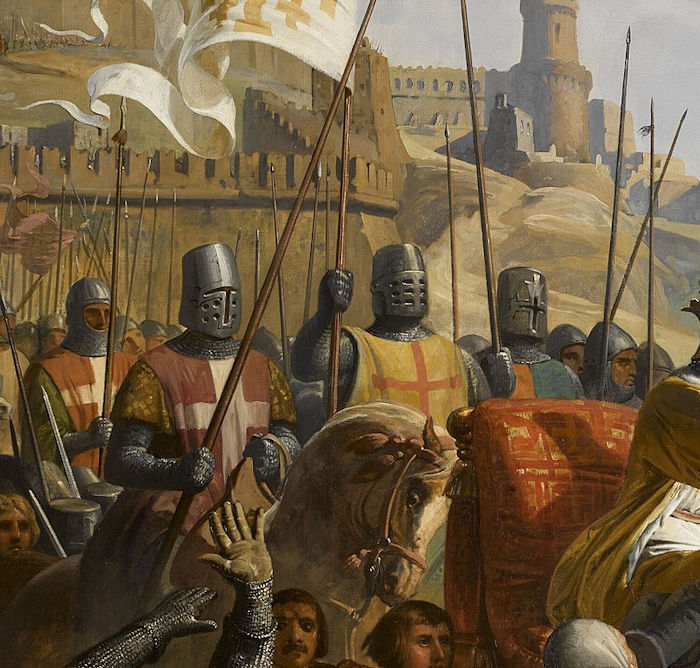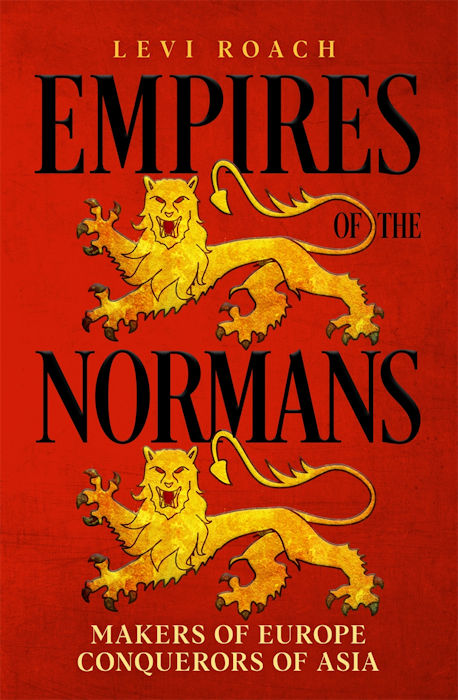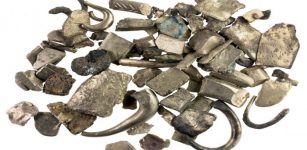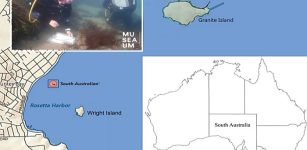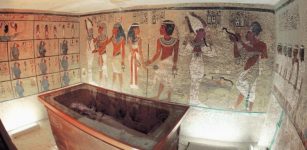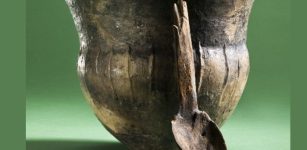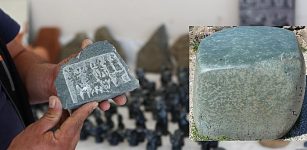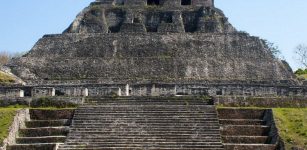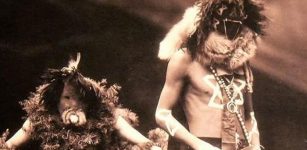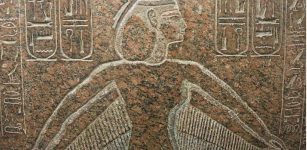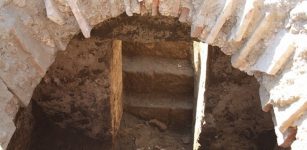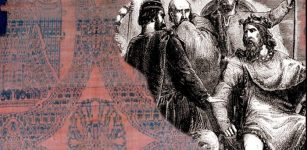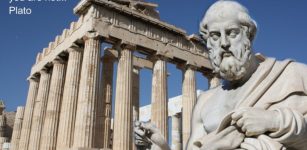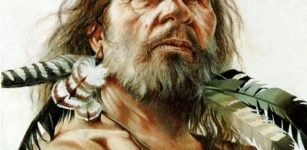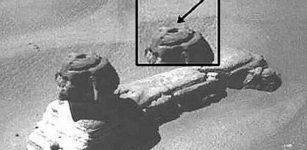Norman Dominance Of Europe Inspired First Crusades In The Holy Land – New Book Claims
Jan Bartek - AncientPages.com - The first European crusaders of the Holy Land were inspired by the fame and fortune awarded to the Norman conquerors in Europe, a new book shows.
Many of those who went to the Middle East were descendants of Normans who gained control over England, France and Italy. Their exploits became the model for the First Crusade.
Knights Crusaders, detail from The Battle of Ascalon between Baldwin IV of Jerusalem and Saladin's Egyptians, November 18, 1177. Credit: Public Domain
The book, by Professor Levi Roach from the University of Exeter, tells the gripping story of how the Normans took over much of Europe, North Africa, Middle East and their impact on those regions—which include Ireland, Scotland and Wales.
William the Conqueror sought papal endorsement for his invasion of England, and Robert Guiscard and other Normans who led the Norman invasion of Italy claimed their battles were driven by faith.
Empires of the Normans shows how the Crusades represent a development of such practices, with papal approval now taking on a decisive role.
Professor Roach said, "Norman dominance of Europe went on inspire the first crusades in the Holy Land. The First Crusade was led by Normans from Normandy and southern Italy and was informed by earlier Norman activity. It was the successes of the Conqueror and Guiscard which had first shown the western European aristocracy what could be achieved by risky ventures in foreign lands. And often a direct connection can be drawn between these early Norman conquests and the First Crusade."
One of the most prominent of the crusaders was Bohemond of Taranto, who didn't find an inheritance in Italy and the Adriatic and marched east in search of fame and fortune.
Another leading figure was the southern French count Raymond of Saint-Gilles, who had been married to Matilda of Sicily, Bohemond's cousin. Raymond looked jealously on at the Hauteville successes, and crusading offered an opportunity to match them.
Foremost among those with Normandy connections was Robert Curthose, William the Conqueror's eldest son, his cousin Odo of Bayeux and Robert II of Flanders.
Two other prominent crusaders, the brothers Godfrey and Baldwin, were the younger sons of Eustace of Boulogne. Stephen of Blois, perhaps the grandest of all the princes to join the expedition, was married to the Conqueror's daughter Adela.
The book also tells the story of the Norman conquest and settlement of Italy, which unlike England was a piecemeal affair which took place in the 1030s and 1040s. The earliest Normans came as mercenaries, only slowly putting down roots; and there was almost always more than one group active at a time. Norman success stemmed from skilled warfare training they received in Northern France. William the Conqueror's battles in England were inspired by the Norman conquest of Southern Italy.
Professor Roach said, "The Italian Normans were not unified. Unlike in England, where conquest was planned and directed by a single will, in Italy it evolved slowly and organically from a series of loosely associated initiatives. Some men first came as pilgrims, others as mercenaries; some wanted land, others were (for the time) happy to make do with financial reward. No-one set out to conquer the south, which was only a confluence of unforeseen circumstances."
A brilliant global history of the Normans, who—beyond the conquest of England—spread their empire to eventually dominate Europe, the Mediterranean, and the Middle East.
14th October 1066.
As Harold II, the last crowned Anglo-Saxon king of England, lay dying in Sussex, the Duke of Normandy was celebrating an unlikely victory. William "The Bastard" had emerged from interloper to successor of the Norman throne. He had survived the carnage of the Battle of Hastings and, two months later on Christmas day, he would be crowned king of England. No longer would Anglo-Saxons or Vikings rule England; this was now the age of the Normans.
A momentous event in European history, the defeat of the Anglo-Saxons had the most dramatic effect of any defeat in the high Middle Ages. In a few short months, the leader of northern France became the dominant ruler of Britain. Over the coming decades, the Anglo-Saxon kingdom would be rebuilt around a new landowning class. During the next century, as the Norman kings laid the foundations of modern Britain, their power would spread irresistibly across Europe. From Scandinavia down to Sicily, Malta, and Seville, the Normans built magnificent castles and churches. They cerated a new Europe in the image of their own nobility, recording their power with unprecedented vision, including the Domesday Book.
Empire of the Normans tells the extraordinary story of how the descendants of Viking marauders in northern France came to dominate European, Mediterranean, and Middle Eastern politics. It is a tale of ambitious adventures and fierce pirates, of fortunes made and fortunes lost. Across the generations, the Normans made their influence felt across Western Europe and the Mediterranean, from the British Isles to North Africa and even to the Holy Land, with a combination of military might, political savvy, deeply held religious beliefs, and a profound sense of their own destiny. Read more
"The Norman buccaneering spirit comes from the myths and legends Normans told themselves. They were very aware that to be Norman was to be descended from Vikings. Previous success gave warriors a can-do attitude when they moved into other areas and gave them the confidence to carry out risky ventures. Most people and their families moved to settled in a different country and this gave them confidence.
"There was a brazenness to their work, a competitiveness which drove them. They couldn't bear to be beaten to anything by anyone else. You only need to look at the Cathedrals they left behind—each bigger and better than those previously build. They were similar to the Victorians with their constant desire for more."
Written by Jan Bartek - AncientPages.com Staff Writer

